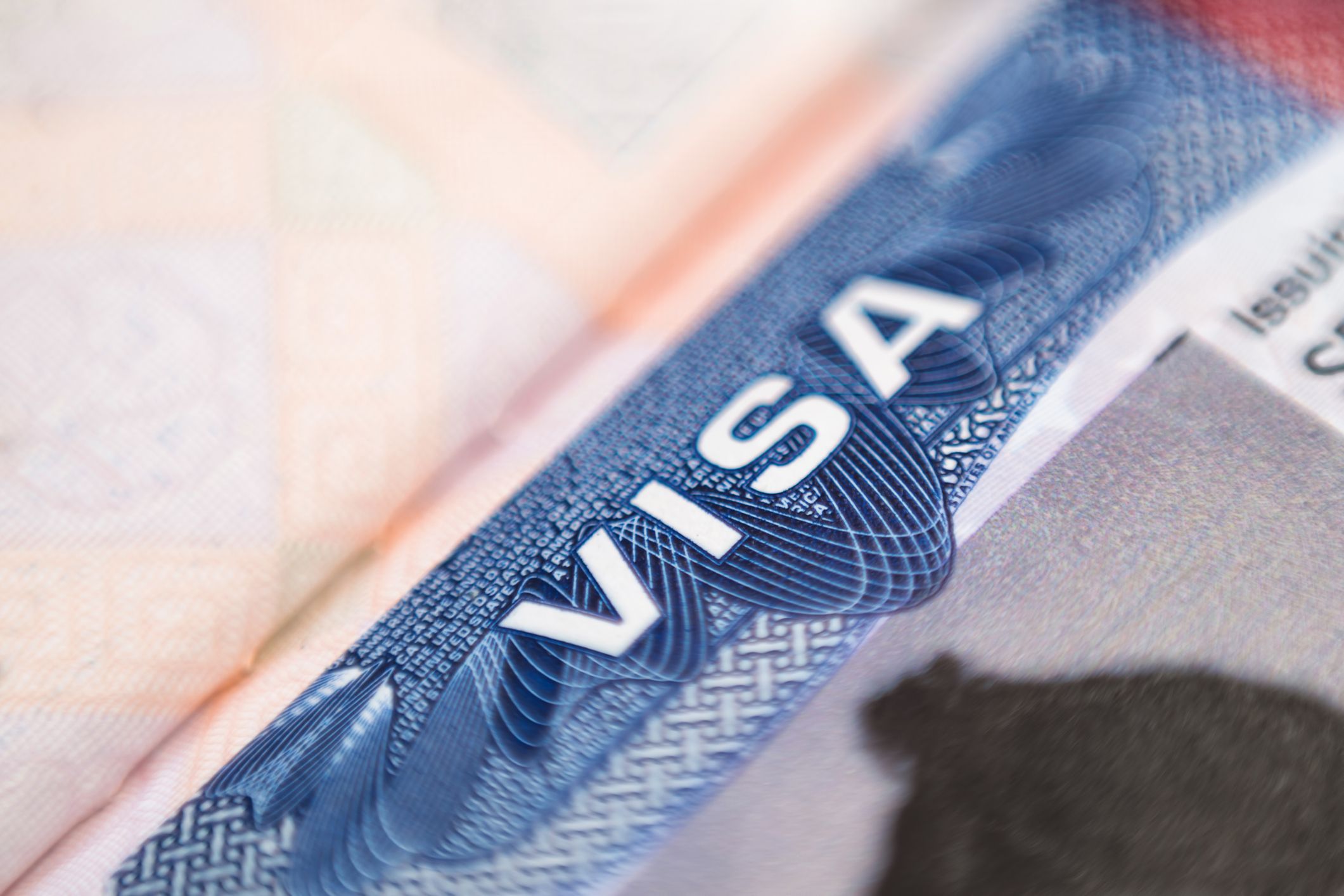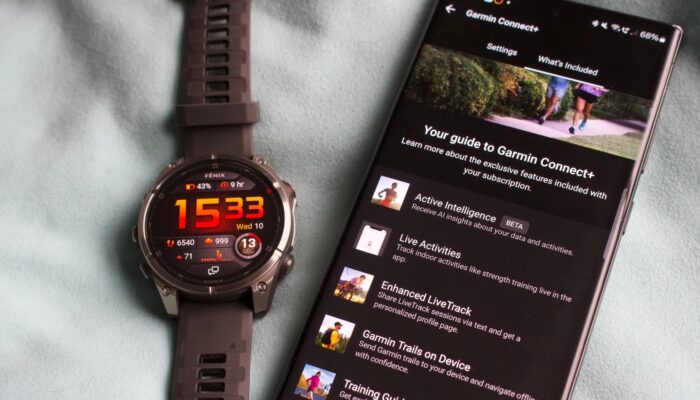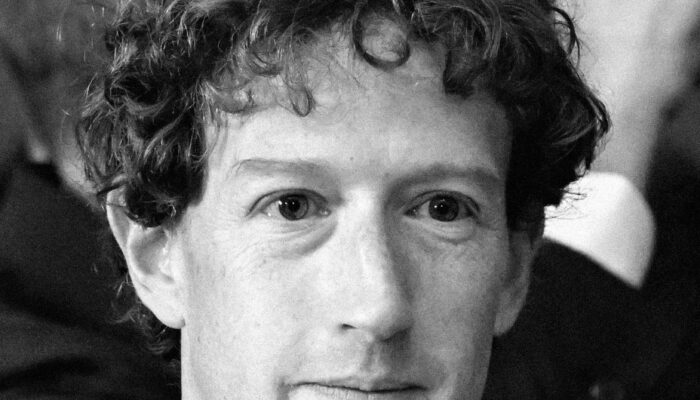After a six-week work trip Xiayun, an employee at a semiconductor company in Silicon Valley, had landed at her hometown in China for vacation when she saw the news about H-1B visas. On Friday afternoon, US president Donald Trump signed a proclamation saying that any H-1B visa holder’s entry into the US will be “restricted, except for those aliens whose petitions are accompanied or supplemented by a payment of $100,000.” The news left Xiayun and hundreds of thousands of immigrant workers scrambling to figure out how they’d be impacted and whether, if they were abroad, they should return before Sunday, when the new rule was set to take effect.
Xiayun, who asked to use her online alias and not mention her employer’s name in the story to avoid being identified, claims she started receiving communications from her manager asking her to consider returning as soon as possible to avoid being charged the fee. Before she even met her family at the airport, she says she already decided to fly back to the US as soon as possible. She only stayed in Urumqi for two hours before hopping on the next flight back to California.
“I had looked forward to the opportunity of traveling with my parents for a long time, but the reality is, I can’t leave behind my husband, my cat, my house, my friends, and my job in the US,” she tells WIRED.
H-1B is one of the most common work visas, issued to skilled workers seeking temporary residence in the US as long as three years, with the possibility of renewal providing continuing employment. In 2019, the US Citizenship and Immigration Services (USCIS) estimated that there were over 580,000 immigrants holding H-1B visas in the country. Silicon Valley companies are the program’s biggest users, according to data collected by USCIS on the employers who had the most H-1B visas approved every year. In Fiscal Year 2025, the top companies sponsoring for new H-1B visas included Amazon, Microsoft, Meta, Apple, and Google.
By Friday evening, Microsoft, Google, and Amazon had sent urgent communications to foreign employees, according to emails reviewed by WIRED, advising them to return to the states before the Sunday deadline set in the proclamation.
Conflicting messages poured out of the White House, US Commerce Secretary Howard Lutnick, Press Secretary Karoline Leavitt, and other government social media accounts. “Things are changing every hour, every 30 minutes,” says Steven Brown, an immigration attorney at Reddy Neumann Brown PC. Lutnick claimed the $100,000 fee would be charged annually, others said it’s a one-time charge; the original proclamation did not exempt current visa holders, but the follow-up announcements did. The contradictions and new developments left legal immigrant workers, their families, and employers unsure what to believe over the past weekend.
WIRED talked to six H-1B visa holders who made last-minute decisions to return to the US from vacation or work trips before the new policy took hold. All of them requested to be identified with only their first or last names in this story, fearing that speaking out against the administration will cause retribution. While explanations posted by the administration on Saturday afternoon clarified that most H-1B visa holders who were outside of the country at the time did not actually need to rush back, by then they claim they had already lost thousands of dollars in changing their travel plans and spent two days in emotional stress.
Zoey, a software developer at Microsoft based in Seattle, was in China on vacation till September 29 when she received messages from concerned friends about the new H-1B rule. She claims had also received an email from Microsoft instructing her to come back as soon as possible. Having just woken up, she immediately decided to book a new flight that would leave for the US in four hours. She threw her belongings into a bag and raced to an airport two hours away. Against the odds, she made it.
Because of the vague wording and potentially devastating consequences, countless immigrant workers like her made hasty, costly decisions to abandon trips, weddings, and family gatherings to avoid additional charges. On Friday and Saturday, social media was filled with frantic posts about which flight routes might get them home before the rule’s effective time. One accountant in Silicon Valley tells WIRED he had to spend $3,800 on a last minute ticket from Beijing to Los Angeles. Meanwhile, he also lost about $5,000 on nonrefundable courses and travel bookings that he had paid for.
Others acted just as abruptly in the opposite direction. Emily, a finance worker on H-1B visa in New York, had boarded a United flight from Newark to Paris on Friday evening when she claims the immigration attorney she consulted about the H1B order told her she should not leave the country. Fearing she wouldn’t be allowed back, Emily pleaded with flight attendants to deboard—even as the plane was already taxiing to depart.
“One of the flight attendants was shocked and thought I was joking, but the other more senior attendant was very kind to me,” she says. The pilot agreed to take the plane back to the gate. Emily deboarded and returned home.
The episode made her question how stable her life in the US really is, after having been here for 13 years. “Today, you can’t travel all of a sudden. Maybe you’ll lose your visa status tomorrow or won’t be able to go back to your home country the day after tomorrow. All it takes is just one word from Trump,” she says.
It is still unclear how this new rule could impact people renewing visas or changing jobs. The new fee—if upheld in court—would dramatically raise hiring costs and potentially dissuade companies from sponsoring immigrant workers altogether. Spokespeople from Intel and Meta declined to comment; Google, Microsoft, Apple, and Amazon didn’t reply to WIRED’s request for comment.
Brown expects that lawsuits challenging the rule could be filed in the coming weeks. Meanwhile, he questioned whether the new fee would achieve its stated goal of creating more US jobs. “Are international businesses going to be concerned moving forward? Do we see more offshoring? Do we see a move to more US workers? There’s a lot of different ways this could go,” he says.
Mixed Messages
In a press conference after the proclamation on Friday, US Secretary of Commerce Howard Lutnick made a confusing statement. “It’s annual, and it can be a total of six years—$100,000 a year.” Lutnick told reporters.
Except the proclamation did not say the fee is annual. On Saturday, White House Press Secretary Karoline Leavitt posted a clarification on X: “This is NOT an annual fee. It’s a one-time fee that applies only to the petition.”
Lutnick’s comment created a lot of panic and false narratives. “I don’t know if something changed, I don’t know if he was misinformed, or maybe that’s what he had advocated?” Brown says. “You would think somebody presenting an executive order would present it with what the text is, and not what you had hoped it would be.”
By Saturday afternoon, the administration started issuing clarifications of the H-1B visa restrictions. The White House–affiliated account Rapid Responses 47 posted on X that “The Proclamation only applies to future applicants in the February lottery who are currently outside the US” and current visa holders won’t be impacted. The Customs and Border Protection (CBP) and the USCIS also published their respective guidance clarifying how they will enforce the rule. Both stated that workers who are already on the H-1B visa won’t have to pay the $100,000 fee.
These new announcements have eased some of the most urgent concerns. Tech companies also walked back their advice. Google and Amazon have since sent new emails that advised foreign employees already on valid H-1B visas to proceed with their original travel plans, according to emails reviewed by WIRED. But by this point, people who had decided to come back were already in the US or on the way here.
Shen, a Silicon Valley-based accountant who paid $3,800 for the ticket to rush back to the states on Saturday morning, says he remained anxious almost the whole flight from Beijing to Los Angeles, worrying that maybe the flight would experience technical difficulties or be delayed, resulting in him missing the return deadline. When he landed in Los Angeles, he had already learned that the new rule wouldn’t apply to him, so he chatted up the CBP officer who’s processing his entry and asked if he had heard of the policy that would start implementation in 24 hours. He claims that the officer hadn’t heard of it.
Shen has since seen people who regretted their decision to rush back, but he says he doesn’t. “I don’t think I made a wrong decision. If I hadn’t left at that time, I would have grown more and more anxious reading social media about other people’s experiences. But making the decision to leave early at least gave me some peace of mind,” he says.
Unanswered Questions
While the reversal on Saturday means a large number of H-1B visa holders don’t have to panic, it still leaves plenty of unanswered questions. Would petitions for visa extensions and transfers be charged the new fee? H-1B holders from certain countries are required to go back to their home country for new visa interviews if they want to travel outside the US. Would those consular interviews incur the $100,000 charge? Brown says more clarifications are still needed, and may surface in the coming days.
Previously, employers were spending a couple thousand dollars on petitions for an H-1B visa, he says. The new charge of $100,000 would significantly increase the costs for most of these employers.
The rule also allows certain industries or employers to secure exemptions from the administration per the discretion of the Homeland Security Secretary Kristi Noem. Critics worry this could possibly create a mechanism for companies and industries to flatter the administration for special favors. “Creating pain and points of leverage against private organizations—which allows the administration to demand coercion and tribute—is in a very real way our entire non-AI economic agenda right now,” Derek Thompson, political thinker and co-author of the book Abundance, wrote on X. “AI gets basically whatever it wants. Non-AI gets higher prices (tariffs), fewer workers (immigration policy), public threats, and ad hoc demands for concessions.”
Even well paying industries may not be willing to absorb the fees. Henry, a New York-based finance worker on H-1B who decided to cancel his vacation in Paris and fly back when he saw the news, says he has been involved in the hiring process at the financial institution he works at. He says he worries employers like his to stop sponsoring visas for international entry-level workers. “An entry-level employee gets paid $120,000 in annual salary. There’s no way the company would spend another $100,000 to hire them.”
There are also a lot more industries that rely on H-1B-holding talents but are less likely to afford the new fees. “You have small engineering companies, startups, rural hospitals, universities—you have a lot of different ways H-1B is used, and these are integral to the community,” Brown says. It’d be interesting to see which industries actually get the carveout from the new charges, Brown says.
Meanwhile, the Trump administration is pushing ahead with broader reforms around the H-1B visa system. A FAQ posted to the White House’s website on Sunday pledged to prioritize higher earners and more highly skilled applicants, moving away from the lottery system there is today. “Additional reforms are also under consideration and will be announced in the coming months,” it says.
All H-1B holders interviewed by WIRED over the weekend said the episode had shaken their faith in the stability of US immigration policy. Some are now weighing long-term career moves to countries like Japan.
“The fact that the H-1B immigration system, which has been in place for a long time, can be casually upended by a sudden proclamation really shows you how fragile the whole thing is,” says Steven, a Denver-based software developer who rushed back to the states on Saturday morning. “I think this is going to change many people’s long-term plan about staying in the US.”
Additional reporting by Lauren Goode.




